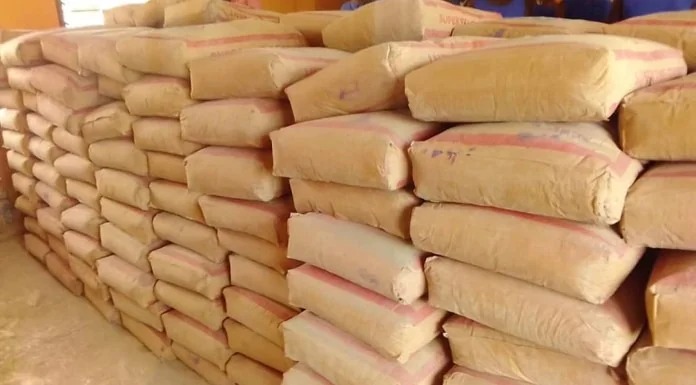The Ghana Chamber of Construction Industry expects cement prices to fall by June 2025 as the local currency gains significant strength against the US dollar.
According to Chief Executive Officer Emmanuel Cherry, this decline is anticipated alongside assurances that other imported construction materials will also see price reductions.
In an exclusive interview with Connect FM in Takoradi on May 19, the CEO revealed that cement prices remain unchanged for now, with the lowest price per bag at GH¢110. He noted that despite the local currency’s appreciation, manufacturers and bulk distributors have yet to adjust their prices.
“Industry players are still assessing the situation to determine whether it is the right time to adjust prices. We are hopeful that cement prices will fall by early June… and the same will apply to other materials such as iron rods and all imported building materials,” he added.

Emmanuel Cherry further explained that despite the cedi’s gains, construction costs remain high. He argued that it would be unreasonable for developers to reduce property prices based solely on the recent currency appreciation.
“You would incur losses if you reduce property prices now. How and where would you recover the difference between your construction costs and the proposed price cuts? It’s still early days. We shouldn’t expect a reduction in property prices anytime soon.”
However, Cherry added that industry players might be convinced to lower their rates if the currency’s strength is sustained.
In recent days, controversial social media posts have claimed that cement is being sold at GH¢82 per bag. However, checks at major dealerships show stagnant prices ranging from GH¢110 to as high as GH¢130 per bag.
Earlier this month, Parliament’s Select Committee on Works and Housing visited several cement manufacturing companies across the country. The discussions primarily focused on rising cement prices and improving product quality. Among the factors cited for the price hikes were raw material costs, port tariffs, and the lack of a rail transport system.







